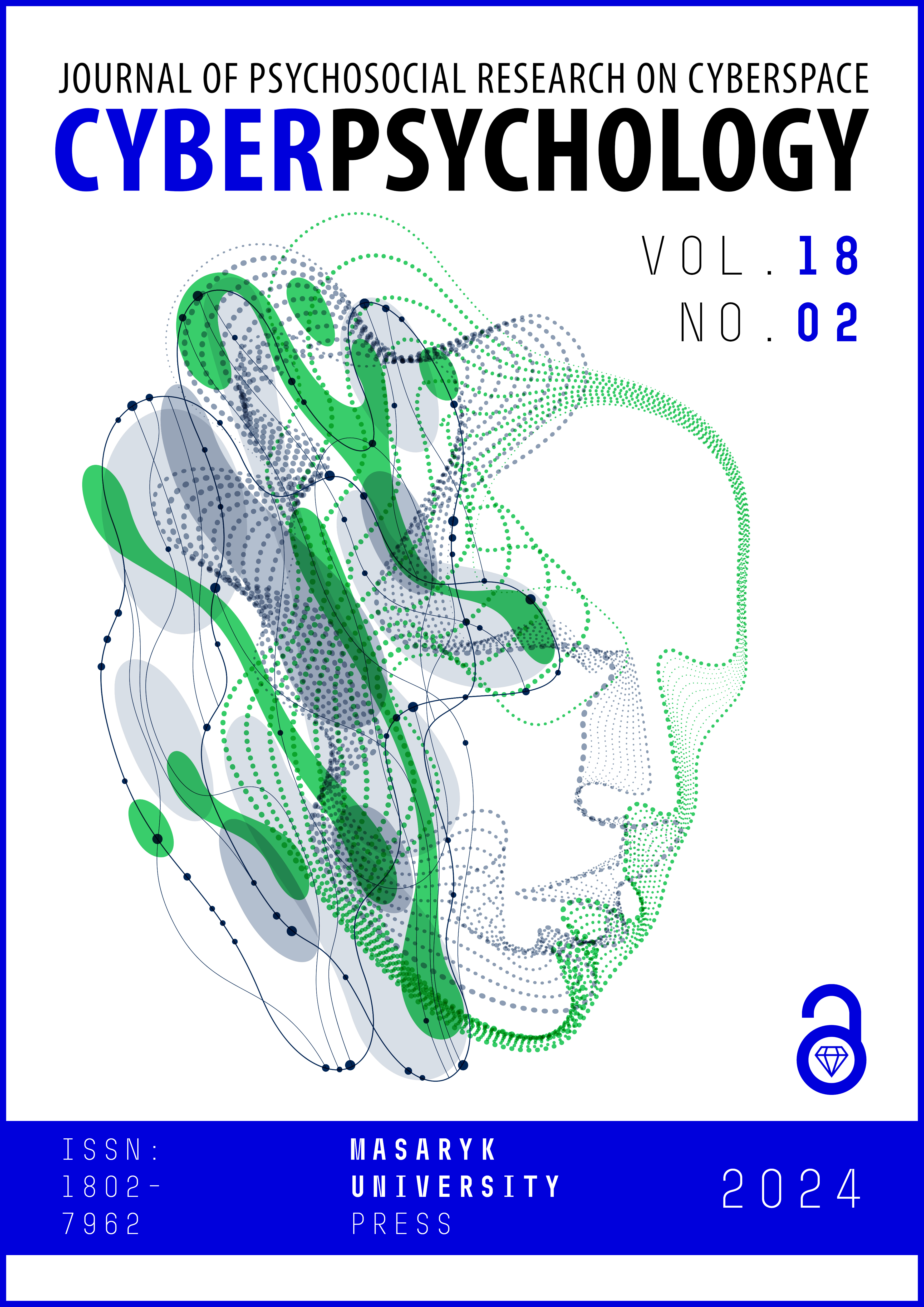

Open Educational Resources or OERs are freely accessible resources such as textbooks, lecture slides or videos. This benefits teachers and students alike as it means that the resources are accessible anywhere, to anyone, for free. They reside in the public domain or have been released under an open license that permits no-cost access, use, adaptation and redistribution by others with no or limited restrictions (UNESCO, 2019). Take a look at some of these resources below, in relation to Cyberpsychology.
The aim of the mini article is to postulate introducing and developing positive cyberpsychology (PCyb) as a subdiscipline of cyberpsychology, which emerges at the intersection of cyberpsychology, positive psychology, and well-being informed design, and focuses on studying determinants of human well-being through interactions with and via technology.
The Age of Cyberpsychology: An Overview
This article serves as an overview and introduction to the discipline of cyberpsychology. Research and scholarship on the interaction of technology and human behavior through the lens of psychology has exploded, and relatedly the field of cyberpsychology. The internet has transformed social interactions, communication patterns, and even our identities. Research literature and presentations in the area of cyberpsychology have primarily attended to personality variables, perceptual processes, emotional functioning, and behavioral responses. Five major areas identified in the literature as especially relevant to the field are examined, including online behavior and personality; social media use and psychological functioning; games and gaming; telepsychology; and virtual reality, artificial intelligence, and applications. As the field of cyberpsychology is relatively in its infancy, psychologists are well positioned to inform this innovative discipline through interdisciplinary collaborations.
Cyberpsychology: Journal of Psychosocial Research on Cyberspace

Cyberpsychology: Journal of Psychosocial Research on Cyberspace is a diamond open access, online, peer-reviewed scholarly journal published by Masaryk University. The journal is focused on social science research about cyberspace. It brings psychosocial reflections of the impact of the Internet on people and society.
The US Government maintains arguably the largest, the best-financed and the most powerful hacker army in the world. But what was the inciting incident to create it? The answer is simple: Project Gunman. An incredibly secret operation that aimed to find Soviet bugs planted in an American embassy. Here’s the story of that operation - and how it turned America’s cyber army into what it is today. Project Gunman.
Journal of Behavior Therapy and Mental Health - Cyberpsychology
Cyberpsychology is an interdisciplinary field of study that examines the psychological implications of technology and digital media. It explores the impact that virtual environments and the internet have on human behavior, cognition, communication, emotion and relationships. Cyberpsychology looks at how people interact and form relationships in virtual spaces, how individuals use digital media for self-expression, and how technology affects mental health and wellbeing. By studying the psychological effects of digital technologies and their social implications, cyberpsychology can aid in the development of new technological tools, help to identify and manage risks, and aid in the pursuit of ethical approaches to technology use.